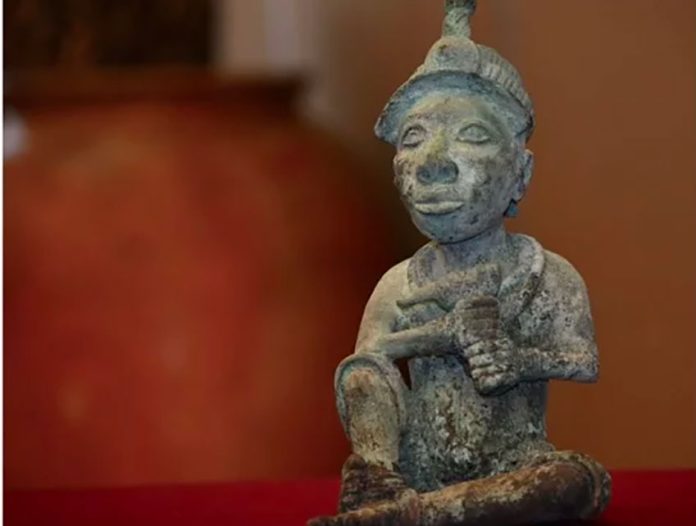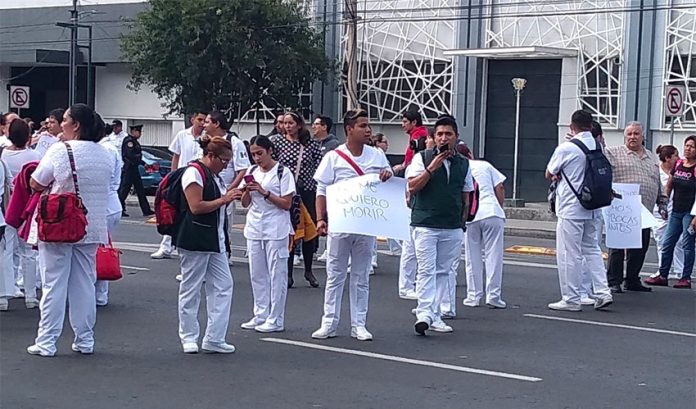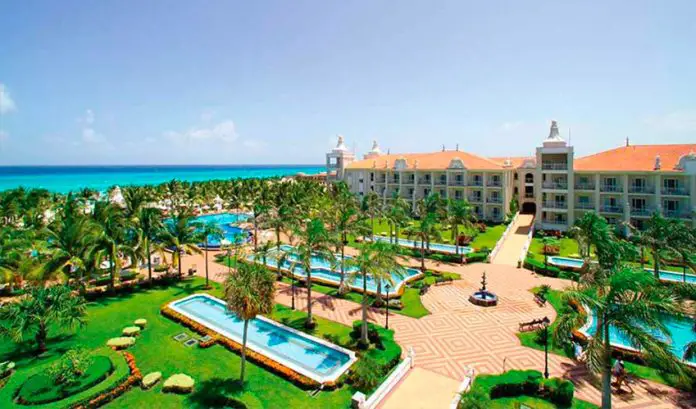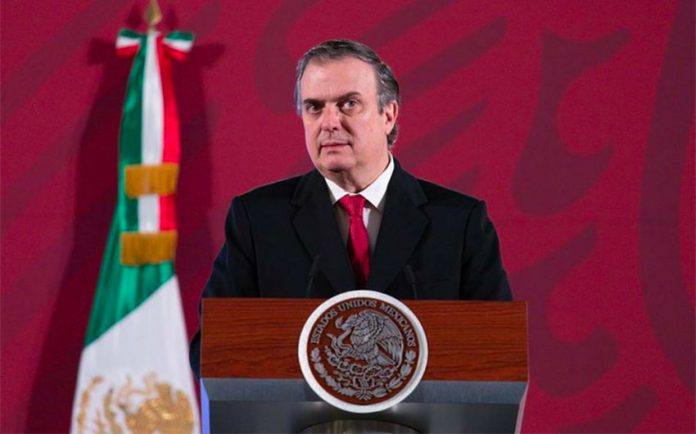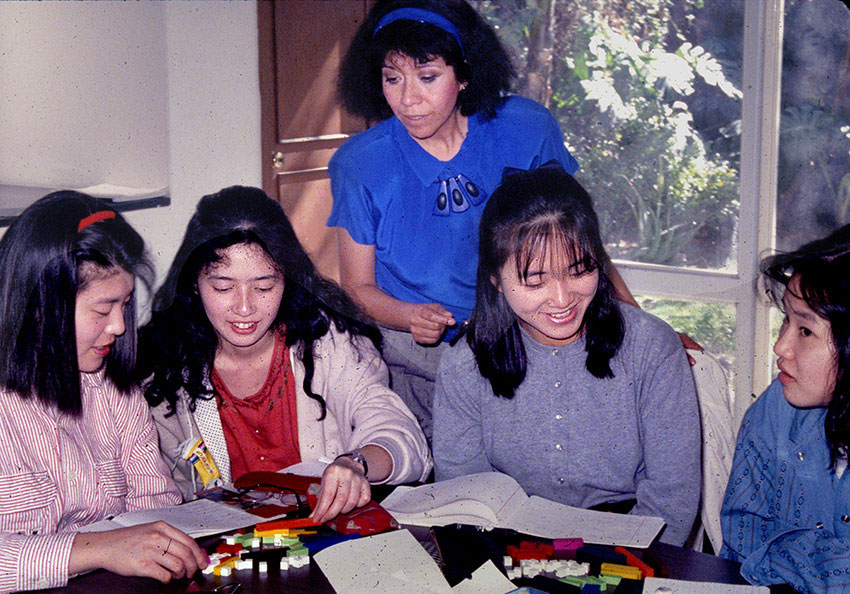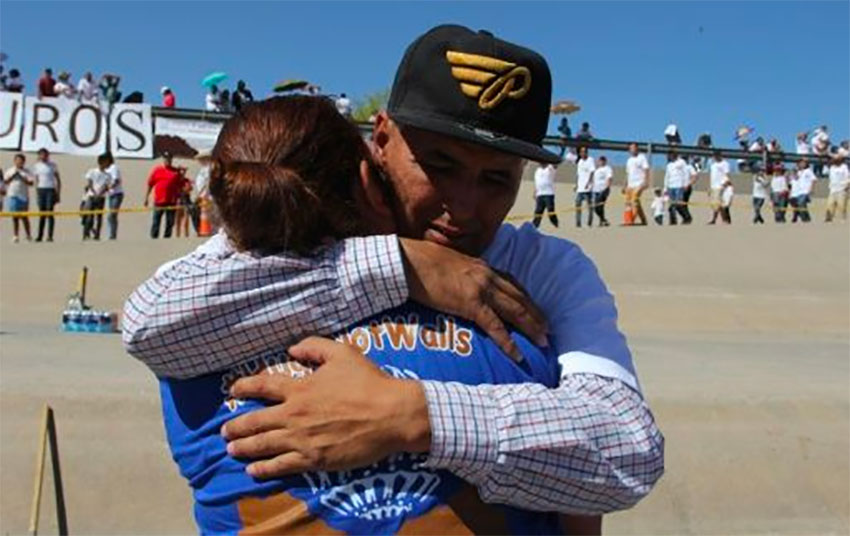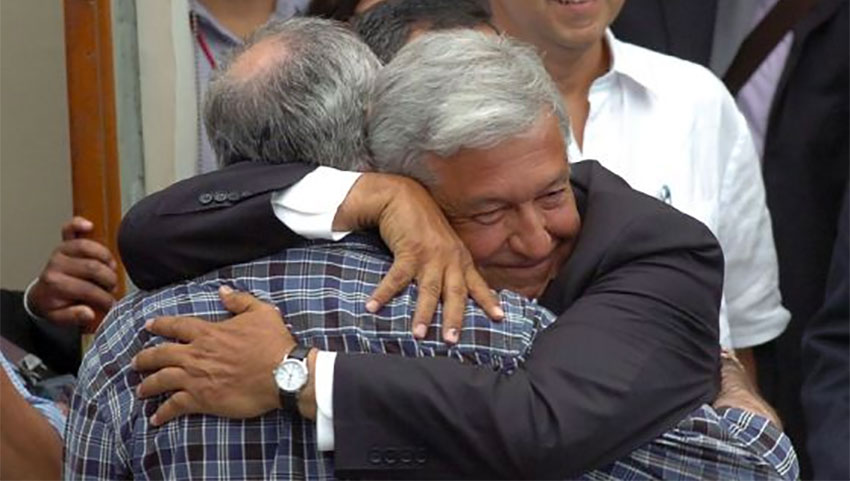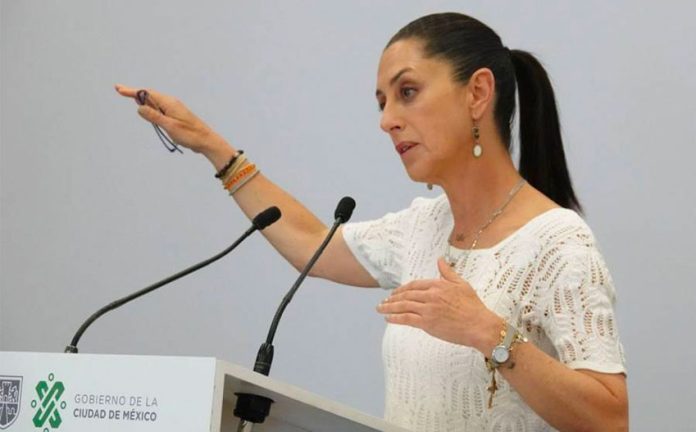For many years, construction of the iconic Sotavento Ocean Resort & Villas overlooking the bay of Zihuatanejo has been a source of frustration — for both buyers as yet unable to realize their dream of owning a beachfront condo and locals who’ve had to view the unfinished project with seemingly no end in sight.
For many it was an eyesore that would never be completed and the source of rumors and half-truths that surrounded the project.
After receiving an invitation to check it out, I caught up with Mike Drever, the project’s developer since 2018, at his “Meet the Developer” social event. I wanted to find out firsthand why he believes this project will finally come to fruition. But first I wanted to know how and why he came to Zihuatanejo in the first place.
“I worked on a 46.6-foot Bertram sportfishing yacht as a deckhand when I was in my early 20s, called Muy Loco. I ran the boat from Vancouver to Acapulco and of course found Zihuatanejo along the way and fell in love with it. I also discovered the Sotavento Hotel, which I frequented regularly.”
I couldn’t help but see the irony and asked him whether his 20-year-old self ever thought he would one day own the hotel he loved to watch sunsets from at the Sunset Bar, to which he replied, “Never.”

It made me curious how someone went from being a deckhand to working in the travel/hospitality industry.
At 26 Drever opened his first travel agency, CruiseShipCenters, then sold 50% to Expedia in 2006 and renamed it ExpediaCruiseShipCenters. Over the next few years he began to reduce his percentage of ownership until in 2012 he resigned completely. As an entrepreneur behind many companies over the years, he saw to it that three of his businesses were directly involved with the Sotavento project: Performing Equity Ltd, a real estate development company; BranchUp, the travel technology company for sales and marketing of the hotel; and Glory Juice Co. for the wellness, food and education programs.
“When we first took possession of the property, we had to kind of take a deep dive and do an assessment as to what would be the best utilization of the property — what would be the best way to build it out. And as you know there is a legacy. There were a bunch of people who originally purchased a property here and when the project stalled, we made the decision as a new developer to protect their investments. We were able to, in working with them, move them out of what is known as the North Tower. And everyone got into the South Tower.” They then added 10 more units.
The reasoning behind that, Drever explained, was to get the existing owners into the project and get the project opened as fast as possible. Technically (and legally) they could have just foreclosed on the property.
“But that was not something we wanted to do and so we honored all contracts with previous buyers. From where we are right now, we could be open in eight months, but realistically I believe we will open February/March 2021.”
Drever then explained that his program differs quite a bit from timeshares, admitting that some programs are good while others are “not so good.”
“With our program we all become travel agents. In other words, the Sotavento Travel Club pays you commission wherever you travel in the world in the form of savings, with up to 60% off online travel agencies such as Expedia, Travelocity and those types of companies.”
The other reason that Drever is confident about the project is the support they’ve received from various levels of government, including the municipality and the state.
“This is an iconic piece of property. When we open, it will be one of the largest employers in the city. As far as what we can give back to the community, we are working with all the organic farms that are currently working at 5% capacity. It’s a great opportunity to get those farms going and be able to bring that produce into the market, and this kind of helps in creating some employment. The city works very closely with us and last year they rezoned this entire beach. There is a lot of work that has been done here that people can’t see because it is all on the inside.”
As I toured the incredibly beautiful suites, I tried to imagine waking up to the view of the bay of Zihuatanejo – but as of today’s writing, the property is 75% sold.
The writer is a Canadian who has lived and worked in Mexico for many years.
CORRECTION: A photo that appeared in the original version of this story was not an accurate depiction of the project as it is today and has been removed.



